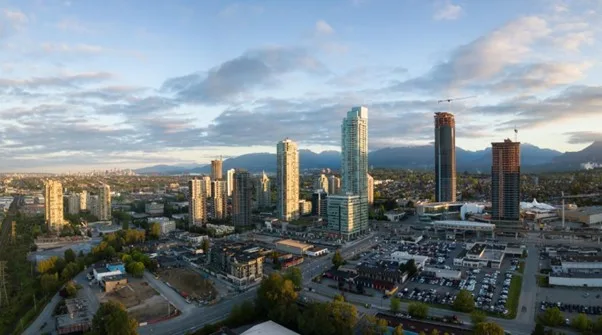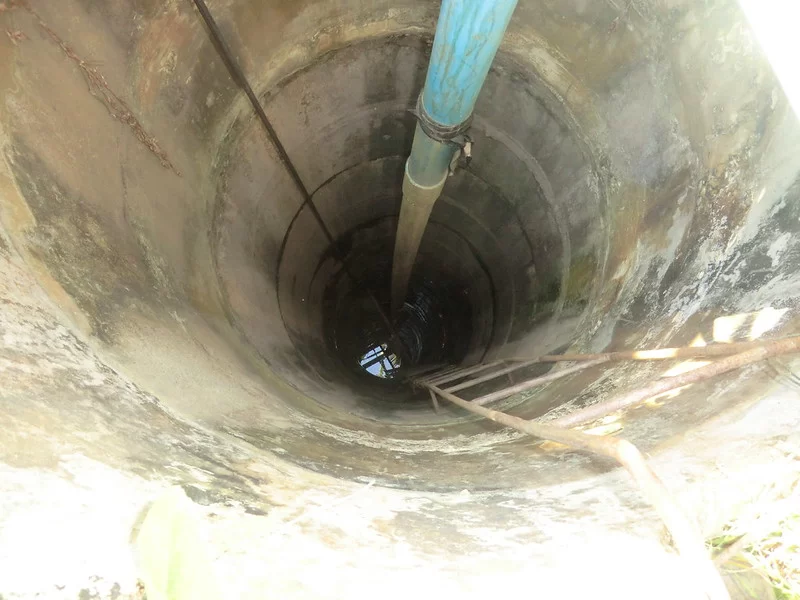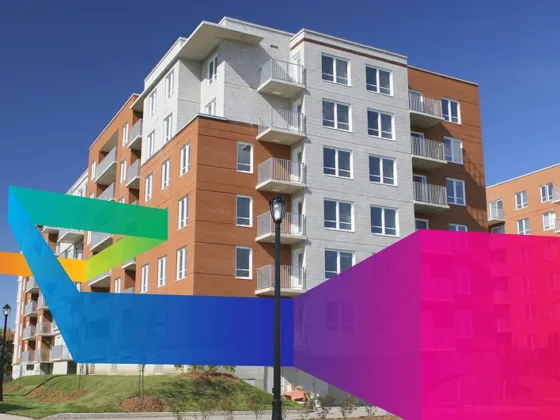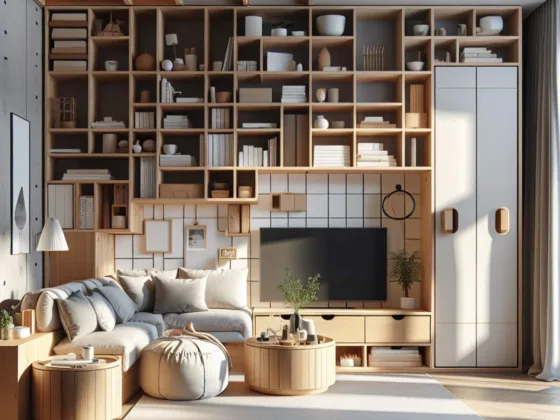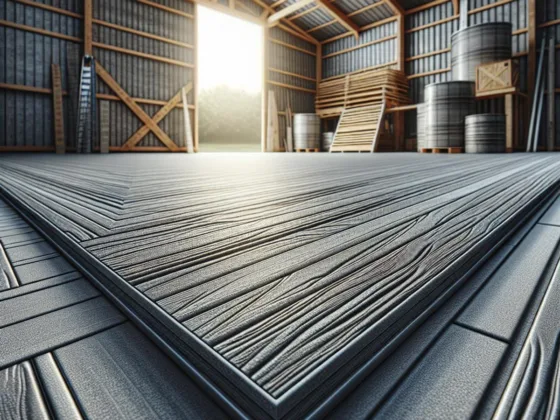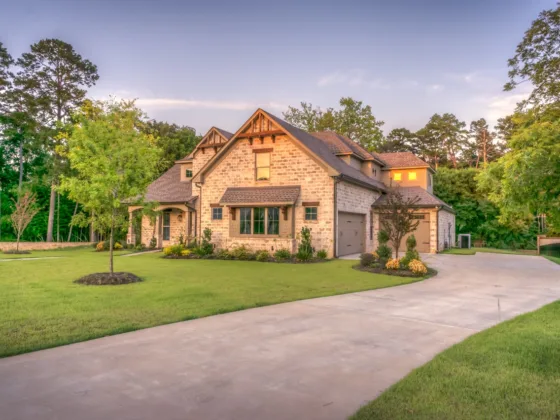When working with clients buying their home in Metro Vancouver for two decades of being in the industry, there are a handful of commonly overlooked areas in the home buying process.
And it’s a no-brainer as to why.
You usually only know to look into these areas if you’re looking at real estate every day like we are.
So, here are 5 commonly overlooked areas that you should pay attention to if you’re considering buying a home in Metro Vancouver.
1. Strata / Condo Corporation Documentation
Commonly called Condo Corporations elsewhere, in British Columbia, it’s usually referred to as a Strata, or Strata Corporation.
Condominiums offer great appeal these days for several reasons. First, condos are usually located in desirable locations that are close to awesome amenities like transit zones, community centers, local shops, and more.
While it all sounds great, a poorly run Strata can ruin a great building and its desirability. Here is an example, let’s say that the building is only 10 years old.
However, over those 10 years, the strata board has failed to manage and allocate funds properly. Now, each unit owner may be looking at a 250% increase in their strata management fees next year to fund potential future deficits in the strata’s contingency fund.
This presents a disaster for any new buyer. While on the outside and inside a building can look amazing, the financial state of the building could be another story. So, always be sure to read the strata documentation and work with a real estate professional who knows how to review these documents properly.
2. Upcoming area developments and zoning changes
British Columbia in general is undergoing a major housing development revamp. All levels of government and major real estate organizations are looking at how to solve the housing affordability issue.
When buying a place, make sure you look around the area to see if any upcoming developments and zoning changes could enhance or negate your new purchase.
For instance, if you don’t want to deal with construction and loud noise, moving to an urban center that is up and coming may not be the right move.
However, if you’re looking to move somewhere that has big potential, and you want your home prices to appreciate further, then moving to an area with significant up-and-coming development may be for you.
Take time to consider these things. Every major area across Metro Vancouver is looking at how they can zone and develop more areas and neighborhoods. So, take time to check this out so you’re not caught off guard.
3. Take time to learn about each city in Metro Vancouver
There is a wide range of diverse cities that offer a range of different benefits and appeals, it’s truly amazing once you start looking into each city further.
Sometimes when working with people to find their dream home, we start looking in one city like Vancouver and may end up branching out to other neighboring cities like Burnaby or North Vancouver.
For example, North Vancouver is a great neighborhood if you love the outdoors and frequent trails along Whistler and Pemberton. However, if you have long commutes to places like Richmond, it could be a nightmare to cross two bridges in a commute.
Take time to think about your work, family, and leisure priorities now and in the future. While you may not have a family now, are you planning to settle down and have kids in the future? Understanding how your future plans may affect your circumstances will help you choose a city in Metro Vancouver that better matches your lifestyle.
Buying and selling property is not something you want to do every couple of years, it gets expensive and stressful. So, take the time now to understand each city and go check your desired neighborhoods out. It’s worth the time.
If you need help learning more about each city in Metro Vancouver, be sure to check out these extensive city guides for each area, things to do, appeal, etc.
4. Watch for wasted Square footage
Unless you’re a multi-millionaire, homes across Metro Vancouver are expensive. So it’s important to keep the square footage use of the home in mind.
For townhomes, be careful of the stairs layout and the use of space under the stairs. It’s often considered a ‘dead space’ in a townhome and can eat away at the valuable square footage you’re buying.
For condos, always look at how the entryways are positioned. Some condos take up a lot of space for the entryway with wrapping walls, closets, etc.
For houses, this could be unfinished basements, large garage spaces, or outbuildings that create a smaller usable yard space.
The last thing you want is to buy a place and end up frustrated with wasted square footage because of the unusable spaces in your home.
5. Consider Parking (if you own a car)
Depending on where you want to buy, it could be hard to own a car. Here’s why.
Density is a huge area on every city planner’s agenda with the mandates from the province and federal governments. So, if you need to park one or multiple cars, some cities and neighborhoods may not be well suited for that.
Brentwood for instance is known for having parking difficulties as that neighborhood in Burnaby is so densely populated, with lots of new high rises in the area.
If you’re looking to buy a detached house, this becomes less of a problem as you’ll have a driveway, potentially a garage, and usually available street parking. Some neighborhoods in Vancouver are hard to find parking though and future policies may limit cars and street parking, so keep that in mind.
Final Thoughts
Looking for a home to buy is an exciting process. So, while you won’t know everything going into it, consider these few points and don’t get worried.
Keep these things in mind when you’re thinking about buying a home, whether you’re incorporating some of this into your needs and wants checklist, or you are actively communicating this with your real estate agent. Make sure to keep these tips in mind for a better home-buying experience.
